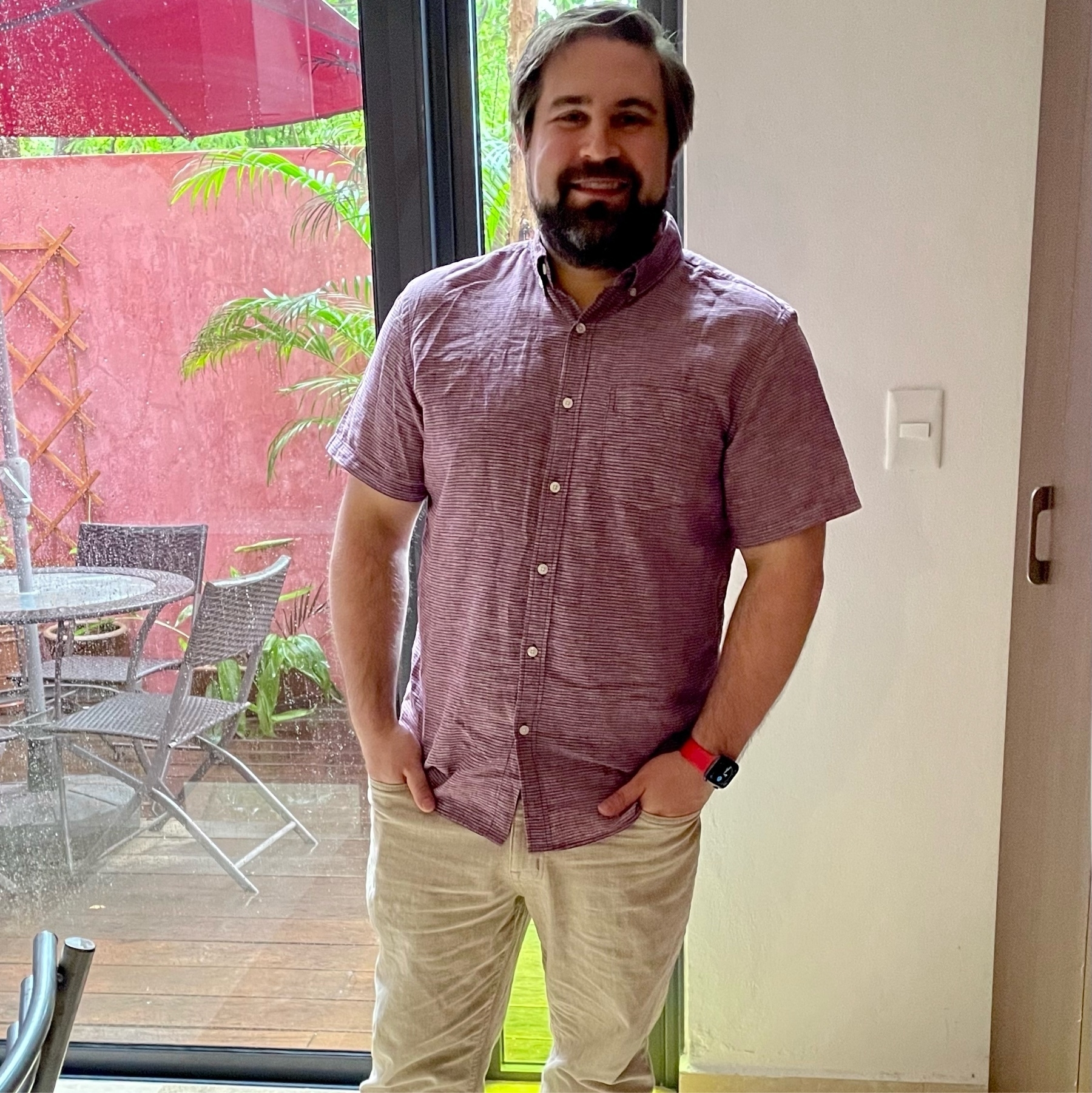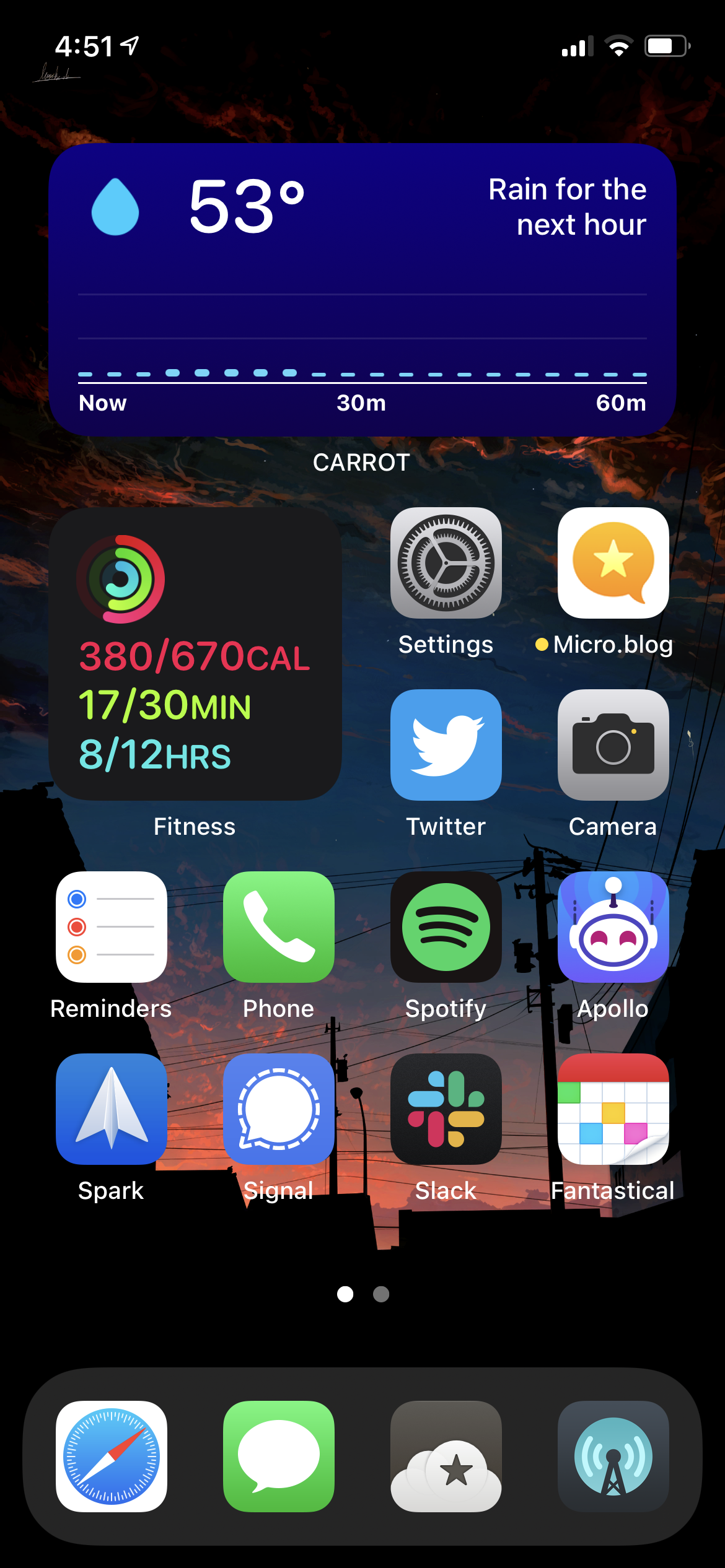The best kind of progress for me is not measured on the scale. Instead, it’s measured by my accomplishment today.
I was able to keep up with a group of fit people in a tour “very few people choose to go on” mountain biking through the jungle, into caves, and then hiking through the caves until we stopped for lunch. We had virtually no breakfast, and lunch was a small sandwich— bread the size of my palm, one slice of salami, a slide of tomato, and maybe a slice of cheese, I can’t recall— and a banana. We had water and Gatorade, but I just went for the water.
Even just 2 months ago, I would have been struggling to keep up at all. I would have been starving and cranky about lunch, feeling totally unsatisfied and uncomfortable with hunger, especially after that hard work.
But today, I pulled on a wet suit and mostly swam through the caves for two hours. By the end, I was tired, but I just had some more water, pulled off the wet suit and returned it to my backpack, and then hiked to then bike back out the caves and jungles again.
At the end, we had a small meal of Mayan food waiting for us, a very reasonable plate, but nothing that would have approached a meal for me until recently. Drenched in so much sweat I could wring it out of my shirt, I enjoyed a light beer with my afternoon meal and we were on our way.
We’ll see what tomorrow brings, but right now I’m not sore or in any kind of pain. A few months ago, I’d be laying out on the floor. Now I took a shower, and feel refreshed, and while I’m not looking to do a long walk or bike ride tonight, I’m confident I’ll be ready to go in the morning.
And I’ve already been riding a bike about 10 miles each day the last two days.
When I decided to get back to the gym, back to weightlifting and training, and start watching my food closely again this is why— I was tired, I was not able to do things physically I wanted to do in order to enjoy my life. Sure I wanted to be able to more easily by clothes and was embarrassed by how I look, but I’ve been embarrassed by how I look my whole life. Mostly what I wanted was to be able to physically do it all, and never be worried if I could keep up with the group or have to sit back because something didn’t feel possible.
I’m not ready to climb a mountain, but I can be a full participant again. I can feel the good kind of effort, with more adrenaline and endorphins than pain.
This is what I’ve been in the work to achieve. This is the progress I wanted.






















